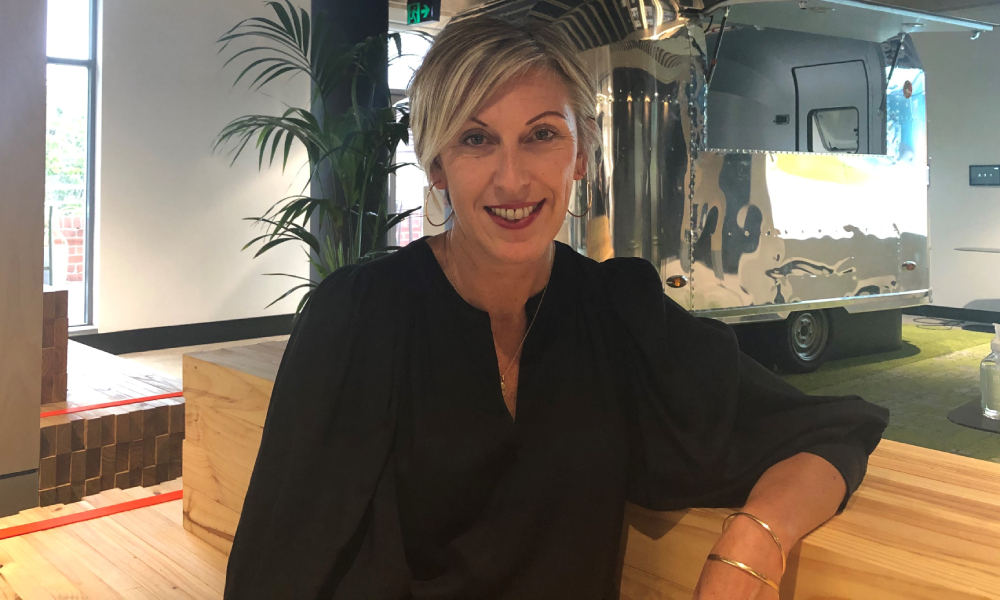
ASX-200 firm calls on other employers to shift the dial on gender equality in Australia

When it comes to female representation within Australia’s biggest employers, Australia still has a lot of work to do. Last year, the number of female CEOs in the ASX200 decreased for the first time since the census began to just 10. At a board level however, progress is being made. The number of women on the boards of ASX200 has reached a record high of 31%.
Australian property group Ingenia Communities is calling on its fellow ASX-listed companies to do more to advance the careers of women after the WGEA reported little improvement in Australia’s gender pay gap last year. In the wake of International Women’s Day, HRD spoke to Jasna Beerden, general manager of people & culture, about how the company is driving internal change.
“We’re a young organisation at only eight years old and we've gone from a $30 million business to almost a $2 billion business with unprecedented growth,” she said. “When you go through such amazing growth and there's constant acquisition, you have to take stock and really stop and think about what it is we’re trying to do and what diversity looks like for us.”
Beerden said the push to acquire and nurture female talent comes from a top-down approach led by Ingenia’s CEO Simon Owen and chairman Jim Hazel.
“They are very strong drivers of ensuring that there is representation on the board and on the executive level. But even beyond that, Simon has an active involvement in recruitment, and he has a vested interest in particular areas, such as development,” she said.
Read more: IWD 2021: ‘We’re at a critical point for gender diversity’
Women make up one-third of Ingenia’s board and two-thirds of the executive leadership team. But in some areas of the business, such as development and M&A, female talent is harder to find in the pool of jobseekers out there. Targeted recruitment strategies have therefore played a key role in widening the talent pool for certain roles.
During a busy recruitment period last year, Beerden sat down each week with Simon and the talent acquisition manager to go through the roles available, the applications, and assess how to tap into different talent pools. They also leveraged executive and senior team members with Ingenia’s referral scheme. The generous program offers a $2,500 referral fee, which Beerden said can be increased for more difficult to target roles.
Now more than ever, it’s also important to focus on transferable skills rather than specific experience, she said. Many of those working in talent acquisition for male-dominated industries know the power of a skills-based strategy to widen the talent pool, headhunting talented staff from other sectors like finance and retail.
Read more: IWD 2021: How to overcome the STEM gender gap
But as Beerden pointed out, it’s not just about getting women through the door but also nurturing the talented staff members already within the business. The Future Leaders program at Ingenia is a 12-month scheme which offers targeted mentoring and development to 10 staff members per year.
“We have six out of the 10 participants this year who are female and who have huge amounts of potential,” she said. “Simon's actively involved in that side too. With the partners we use to run those sessions, he’ll help to map out the content around creating successful leadership, engagement and culture.”
Going forward, Beerden said diversity will remain a key driver for the business as Ingenia continues to grow in 2021 and beyond.